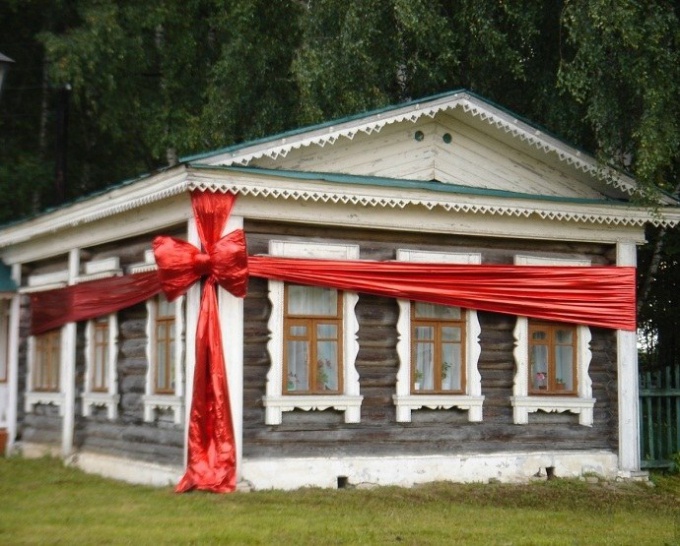Features of the donation contract
The subject of this contract may be any belonging to the donor property, including real estate, not limited in turnover. As a donor may be any natural person. To make the deed has any legal or physical person, and even several individuals. However, in this case, in order to avoid subsequent disputes and litigation, the contract of donation it is advisable to specify the shares in which the receiver is passed to this property. This deal is two-way, because little of what the donor expresses the desire to give someone, this "someone" also needs to be the second party of the agreement and confirm their readiness to receive this gift.
The donation contract may be concluded in a simple written form and does not require notarization. But in the case when the gift is property – a house, apartment or land, the deed of gift should be registered in territorial body of Federal registration service on the location of the property. The transaction will be completed only after the state registration of the transfer of ownership and receipt of the donee of evidence of this. Prior to registration of the transfer transaction can be cancelled by one of the parties at any time. After the property became the property of the donee, cancel the gift contract is almost impossible.
For registration in the organs rosreestra will need to submit originals and copies of passports of the donor and the donee, three copies of the contract of donation, receipt of payment of state duty. If the gift is property, the documents need to enter title and identification documents on her.
The taxation of transactions donation
A gift can only be transferred with the property, but not the monetary amount. Therefore, from the moment of registration of the transaction at the receiver is obliged to pay to the budget the tax to incomes of physical persons-13% of the value of donated property. But since the family is the cell of society, accumulating wealth, according to article 217 of the RF Tax code, tax exemption for family members of the donor or his close relatives, acting as receiver are exempt. In the category of family members and close relatives under the Family code, include the spouse of the donor, his parents and children, including a ward or adopted. This category also includes grandparents, grandchildren, brothers and sisters, as full-blood and relatives of the father only or the mother.
